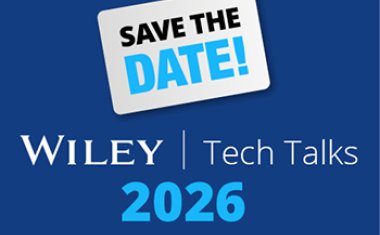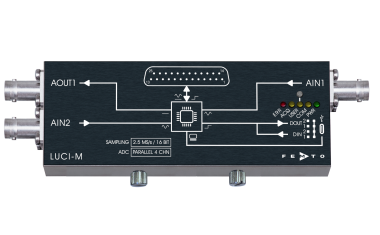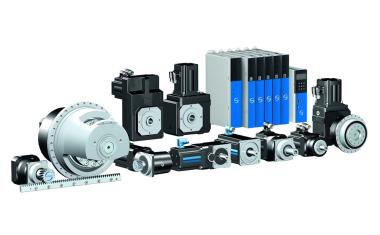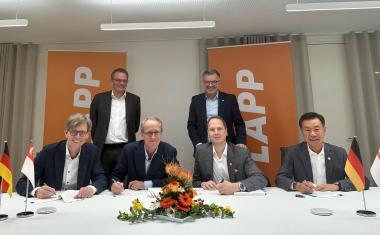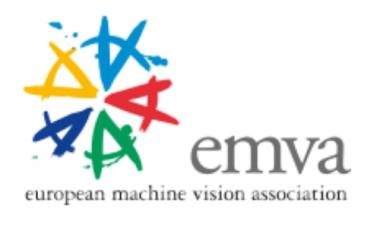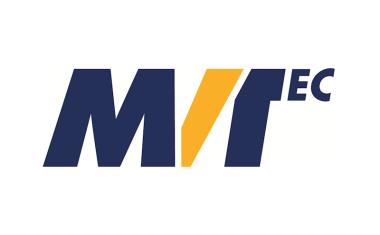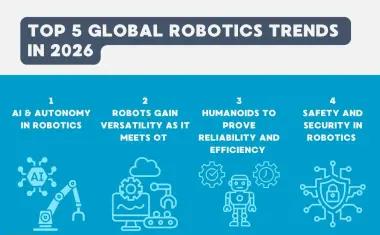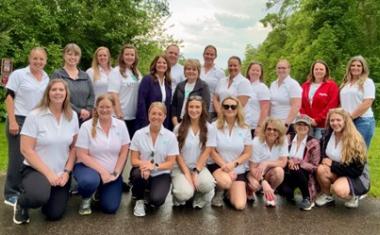Overcoming the fundamental dispersion limit of optical interference
Alexander von Humboldt Professor Malte Gather at the University of Cologne receives 2.5 million euros funding from the European Research Council (ERC) over five years.
Malte Gather, director of the Humboldt Center for Nano- and Biophotonics at the chemistry department of the University of Cologne’s faculty of mathematics and natural sciences, has been awarded an ERC Advanced Grant for his research project ‘Challenging the fundamental limit of angular dispersion by hybridizing light and matter, HyAngle’. The ERC Advanced Grant is the most prestigious research prize of the European research landscape. “This is a huge success for my team,” Gather remarked. “It will allow us to pursue a truly novel approach in the years to come, hopefully applying concepts of quantum mechanics and nanophotonics to the life sciences in unprecedented ways.”
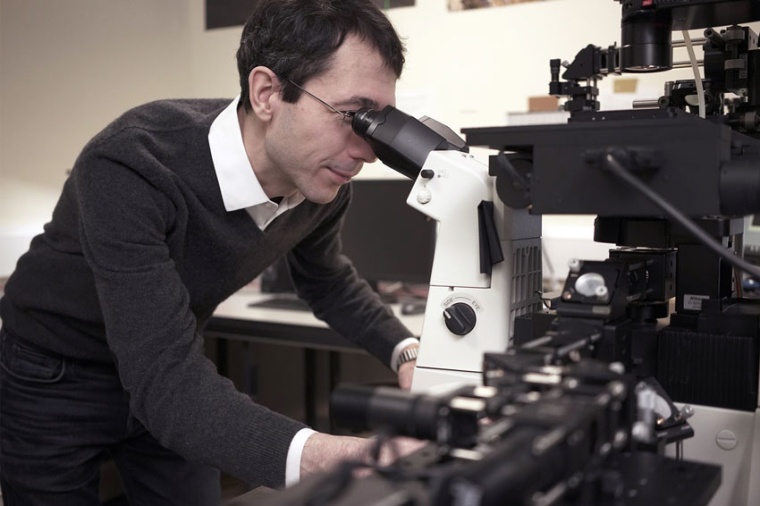
Optical interference is one of the most fundamental properties of light. It describes how light waves can be superimposed in such a way that the resulting wave is deliberately amplified or attenuated. Interference is at the heart of numerous optical systems in science and industry, whether for the detection of gravitational waves, even faster internet, or in objects of everyday use such as the anti-reflective coating on eyeglass lenses.
Gather and his team will explore ways to overcome a thus far unchallenged law of physics, the so-called angle dispersion, which is a headache for engineers in the development of many practical applications. The group relies on the concept of strong coupling from quantum mechanics, mixing light with the electronic states of various materials to achieve new quantum states.
What sounds abstract actually has a number of practical advantages. The researchers in Cologne showed how a similar concept can be used to develop better smartphone, computer and TV screens that display images with more brilliant colors without losing energy efficiency or changing color under different viewing angles.
With their new funding, Gather and his team have plans that go far beyond display technology: Besides gaining a better understanding of strong coupling, the group wants to explore possible applications in future biosensors and implants that use light to, e.g., make the interactions of neurons in the brain visible.


